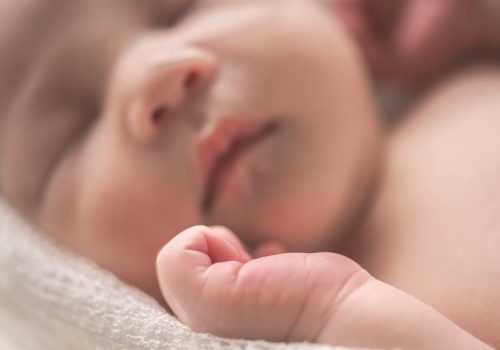With the arrival of the holidays, the number one temptation should be that of sunbathing. However, the Covid-19 pandemic means taking precautions, such as having a bottle of hydroalcoholic gel. However, dermatologists warn that hydroalcoholic gel and the sun do not mix.
Going on vacation sunbathing involves getting sunscreen. However, some would be tempted to use hydroalcoholic gel (70% alcohol), one of the barrier gestures against Covid-19. In an article in the Spanish daily El Mundo published on June 17, 2020, local dermatologists explain that hydroalcoholic gel should be avoided under the sun.
A dermatologist at Quirónsalud Hospital in Marbella, Dr. Marta Frieyro believes that the rapid absorption of hydroalcoholic gel is misleading. Indeed, it is easy to believe that the product evaporates completely. The interested party believes that, on the contrary, the product remains on the skin for a long time and that in contact with the sun, there may be a question of burns.
The expert did not mince words and put a name on the consequences of the hydroalcoholic gel / sun combination. By exposing their hands treated with the gel to the sun, bathers could develop a dermatitis charm. This is a characteristic burn caused by the reaction of alcohol on the skin with the sun. In addition, children with thinner skin are more fragile.
The dermatitis charm can also be linked to other products such as certain sunscreens containing bergamot, or even perfumes. The best way to keep good hand hygiene in the sun is with cold water and soap.
2015 study recalled that hydroalcoholic gel could be dangerous for health in the long term. This gel has bactericidal, virucidal and fungicidal properties obviously welcome during the Covid-19 period. However, if this product kills bacteria, they remain on the hands. In other words, nothing can replace hand washing.
In addition, the study estimated that regular use of hydroalcoholic gel could facilitate the absorption of Bisphenol A. Highlighted in recent years, this substance is an endocrine disruptor with multiple consequences. These include the decline in the quality and quantity of semen in humans and the appearance of miscarriages, obesity, and other cancers.
Hugues Louissaint
Hugues Louissaint is an entrepreneur and writer, living in the US for over a decade. He has launched successful products such the Marabou Coffee brand, which has been highly successful in Florida. He has also been a writer for more than 5 years focusing on science, technology, and health. He writes part-time for the Scientific Origin and provides valuable input on a wide range of subjects.








